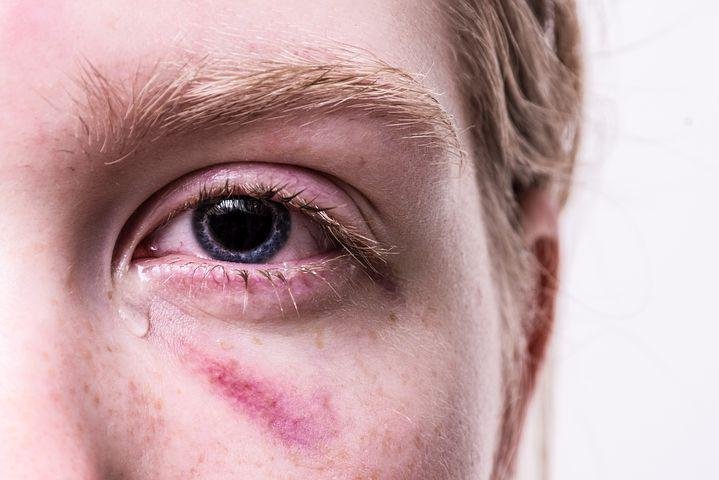Let us begin by understanding what is trauma. Certain incidents in our lives deeply impact us, and that is where trauma comes in. Trauma is an emotional response to a deeply disturbing or distressing event such as a life-threatening one like natural disaster, an accident, sexual assault, chronic health issues, or losing a loved one.
In simple words, it is a result of a painful event, physical or mental, causing immediate damage to the body or shock to the mind. The distress caused due to trauma can be severe to the extent that it may cause disability in the day-to-day functioning of an Individual. Trauma is often divided into three major categories such as acute, chronic, and complex, where acute trauma results from a single event for a shorter duration (e.g theft), Chronic trauma is comparatively more severe and for a longer duration (e.g Murder, Tsunami) and Complex trauma is caused due to multiple traumatic events.
The usual signs and symptoms of physical and physiological trauma are disturbed sleep patterns, lack of concentration, fatigue, loss of appetite, headache, racing heart, excessive sweating, gastrointestinal aches, and getting easily startled. Some of the emotional and neurological symptoms include anger, anxiety, irritability, emotional numbing, overwhelming fear, panic attack, emotional shock, depression, and detachment from others. Trauma is also associated with the development of various mental health disorders such as Depression, anxiety disorders, brief psychotic disorders, and post-traumatic stress disorder.
Post-traumatic stress disorder commonly known as PTSD is a psychiatric disorder that may occur in people who have experienced or witnessed a traumatic event such as a serious accident, war, combat, sexual violence, or a natural disaster. People with PTSD may have disturbed feelings and thoughts related to their experience that may last even after the traumatic event has ended. In some cases, they may relive the entire event through nightmares, flashbacks, or even exposure to a similar event which may cause intense sadness, fear, or anger. PTSD may be associated with, depression, memory problems, substance abuse, and other related mental health problems like acute stress disorder, and adjustment disorder.
For some people symptoms of PTSD subside over time, for others therapies like CBT, prolonged exposure therapy and group therapy would be beneficial.
Importance of Professional Counseling: A friend or family member may listen to you, but they aren’t professionally, technically qualified or experienced to offer you professional advice. If you wish you can contact us at MindTribe to receive help from our team of expert psychologists.
About MindTribe.in.
MindTribe Founder Dr. Prerna Kohli, India’s eminent psychologist, established the company to leverage the strength of the online to make counseling affordable and accessible to everyone. MindTribe provides counseling, workshops, support groups, forums, and eLearning.
About the Author.
Meher Sharma is a psychologist at MindTribe.in. You can learn more about her by clicking here
Disclaimer: The views and opinions expressed in this article are those of the author and do not necessarily reflect the official policy or position of MindTribe.in, the Founders, or management team.
Acknowledgement: All images used are open source and from Unsplash.

